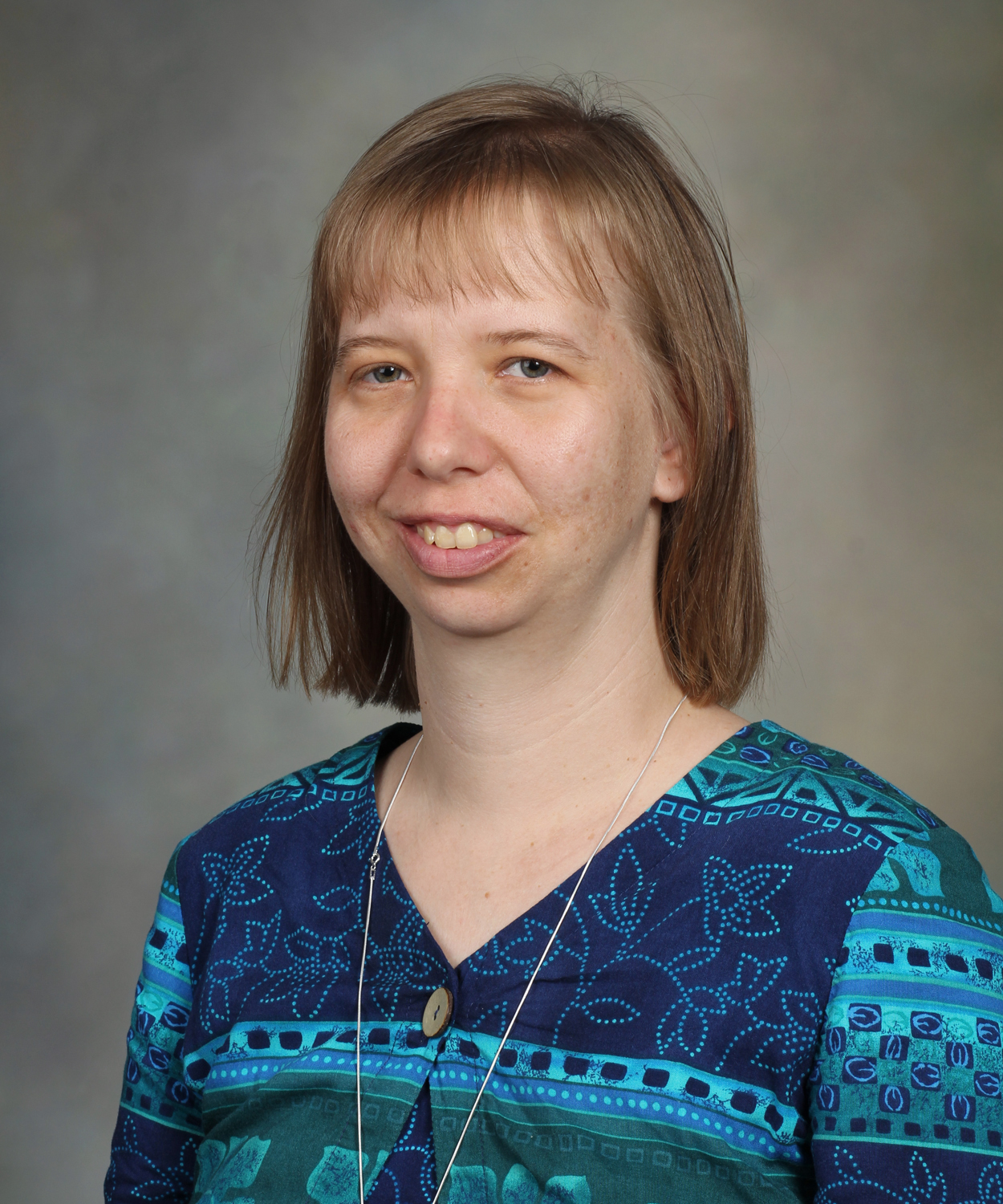Adoration Talk
Sister Sarah presents “And it is Good: A Franciscan Perspective”

By Sarah Hennessey, FSPA coordinator of perpetual adoration
Where has our hope gone? In a world where, statistically, poverty and violence are both decreasing and worldwide wellness is significantly on the rise, we seem to be able to see everything except the positive. One way to find our hope again is to discover the good through Franciscan theology.
Franciscans view God, humanity and all creation as intrinsically good and this can shape both how we act as individuals and our choices as institutions. Based on the theology of Bonaventure, the Franciscan perspective sees the good as central to the entire understanding of the world.
For Bonaventure, God is a goodness that continually overflows like a waterfall. God is “a self-diffusive good,” meaning God gives freely to us so that all of reality, all that we know, is basically loved into being. God’s goodness is free, dynamic and eternal.
Bonaventure sees God as all good — the highest good — and the highest form of good is love. God is all good and all love. God the Father is the Lover, who gives the good. Jesus the Son is the Beloved, who both receives and gives back the good. The Holy Spirit is the Fruit of Love, the overflowing of that goodness that is always available.
Lover, Beloved, Fruit of Love: this is the Franciscan view of the Trinity. The Father, Son and Holy Spirit are relational, eternal, dynamic and always communicating. What is the consequence of this image of God as overflowing-goodness? God is not defined just as being, but as goodness, as love. God is not a distant ruler, but intimately connected to the whole world in love.
God gives himself so totally to the Son that we get the image of a servant, not of a king. God is all love, the gift of goodness, freely and extravagantly given. What does this mean? One of the most distinctive things about goodness at the heart of the Franciscan vision is the view of the incarnation, of why God became human. God is love and became human to more fully express that love, not to fix sin.
 Love is the heart of reality. Love is the Father, Son and Holy Spirit. The Son, Christ, can perfectly receive all of God’s love and return it to Him. This idea that God becomes man because of love has radical implications for almost everything that we think about. God is love. We are the beloved. Christ is Emmanuel. Christ is with us. Everyone is included. All creation is family.
Love is the heart of reality. Love is the Father, Son and Holy Spirit. The Son, Christ, can perfectly receive all of God’s love and return it to Him. This idea that God becomes man because of love has radical implications for almost everything that we think about. God is love. We are the beloved. Christ is Emmanuel. Christ is with us. Everyone is included. All creation is family.
It’s a subtle shift — God is goodness first, not abstract being. God became human to more fully express love, not to save us from sin. But the implications of this shift are far-reaching into every aspect of what we believe and how we act. When God is good we find also that humanity and creation are good and all in dynamic relationship with each other. We are sent into the world to imitate love. We are not known primarily as sinners and our primary task is not to fight sin. This affects not only what we think about but also how we live our lives.
We are the beloved. The challenge then is to truly believe how precious we are and to see the beloved in our friends and enemies. The challenge is to act, not only as individuals but as communities and institutions as if the good is real and primary, and to move always toward building more space for the good to flourish.
Knowing that God is good can transform us all, one by one.
The good as the heart of reality leaves us with some thoughts to ponder:
Where do I experience the good?
How can I accentuate and grow the goodness that I see around me?
How do I honor the good that is within me?
How can I be a witness of goodness within the world?
Where are my particular gifts most needed?
Watch Sister Sarah’s AdorationTalk, “And it is Good: A Franciscan Perspective”
